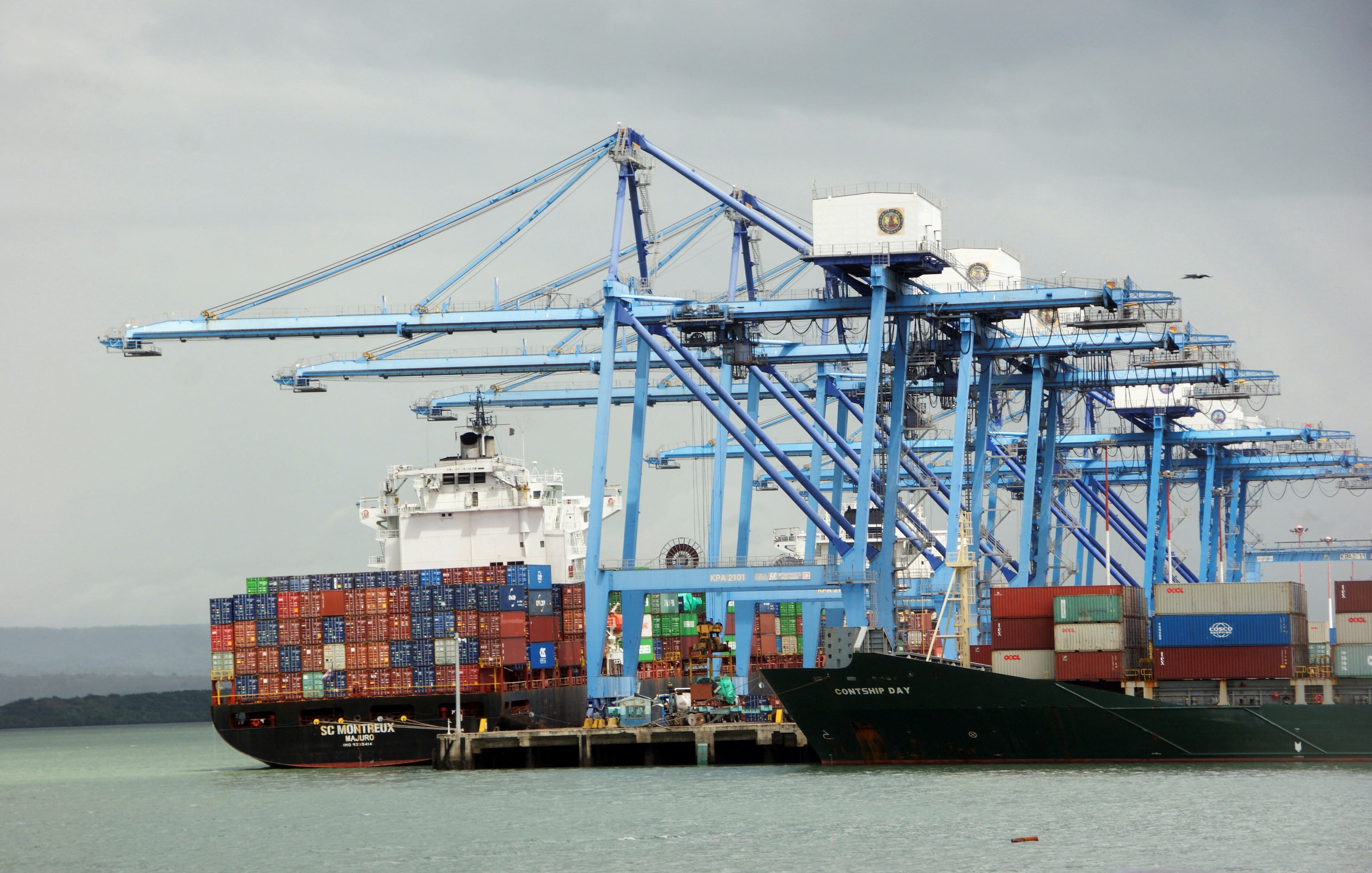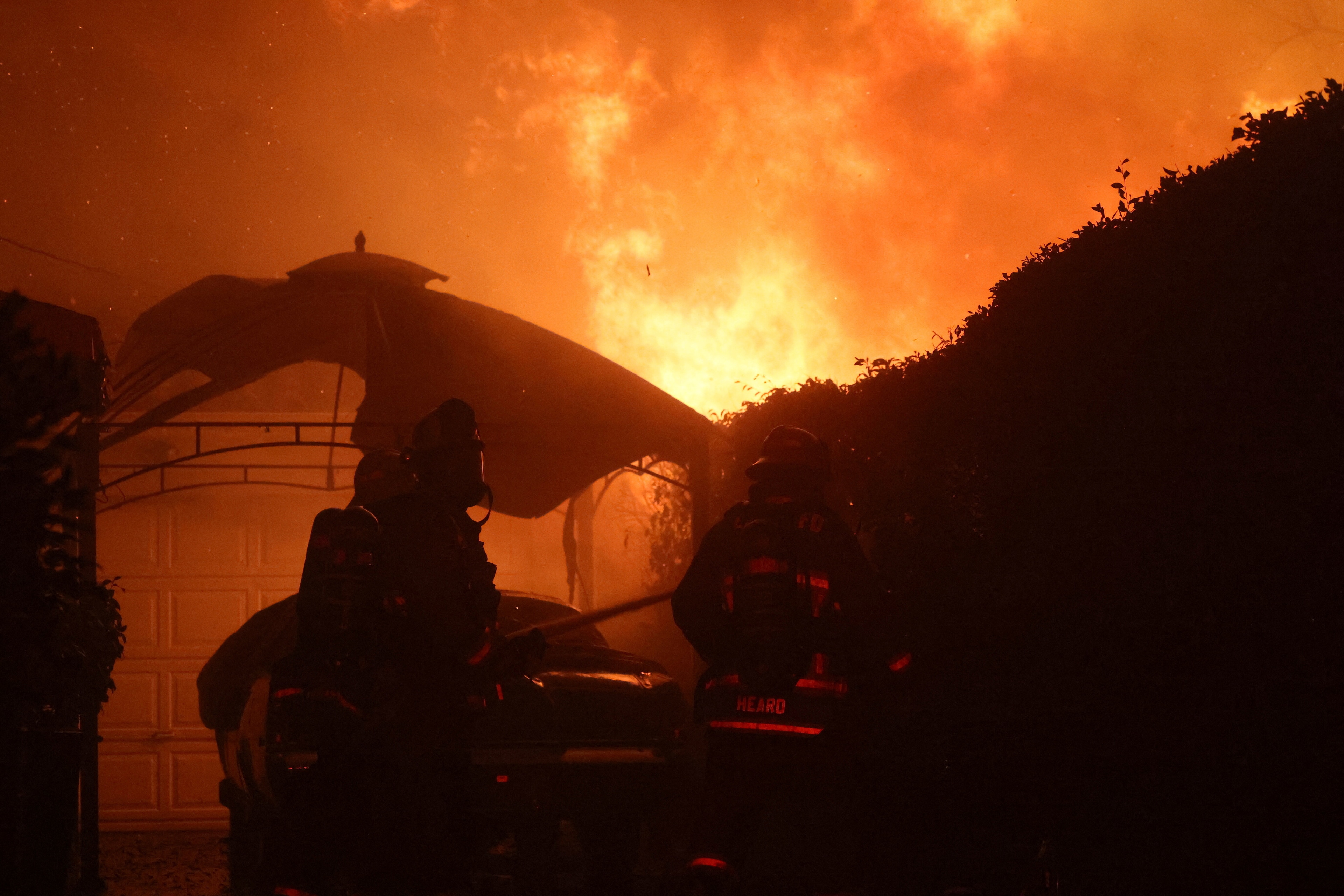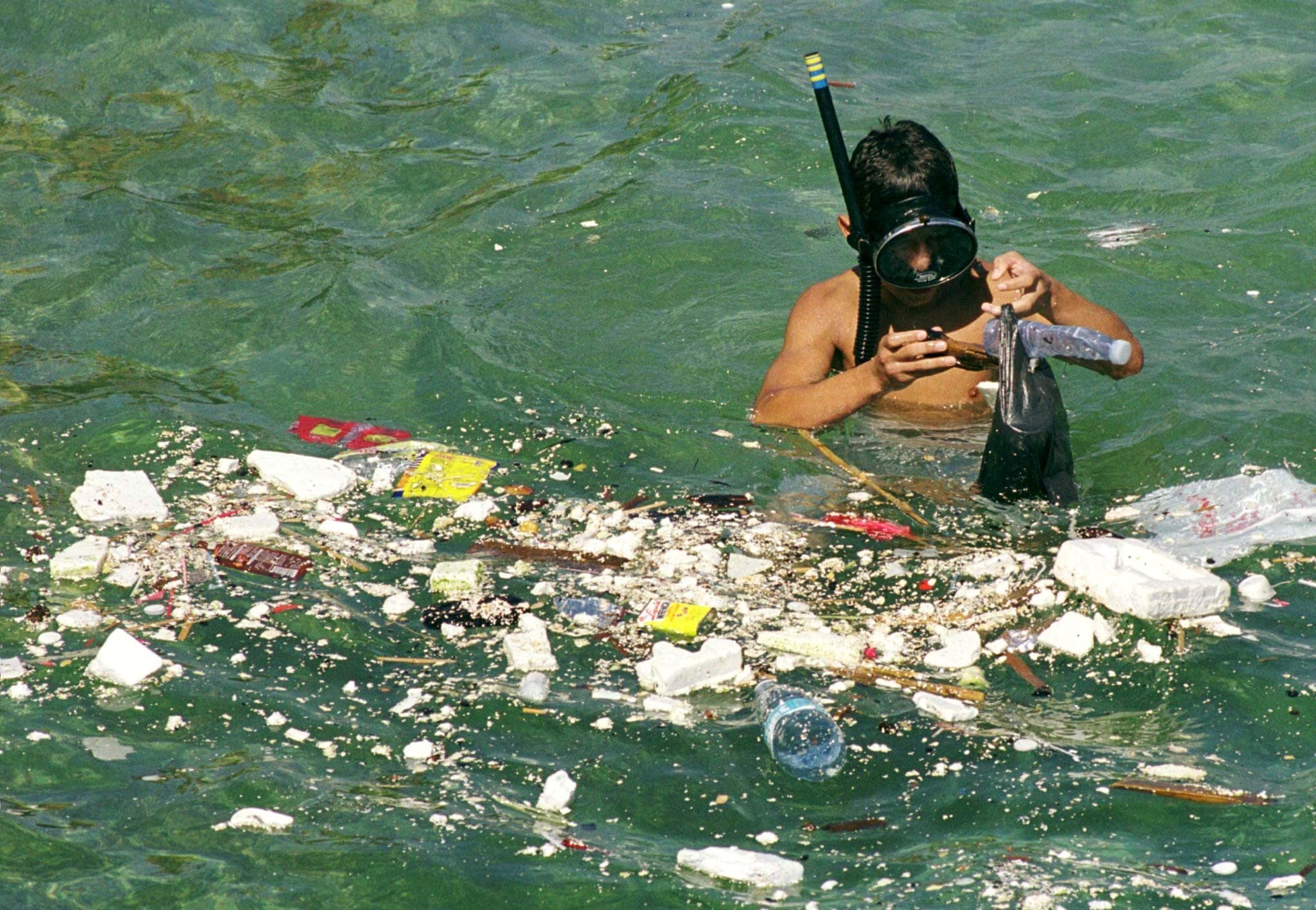South Africa's young people are shunning their country's election

Young South Africans are turning away from voting, citing a lack of trust in the political process.
Image: REUTERS/Siphiwe Sibeko
Stay up to date:
South Africa
Young South Africans make up the majority of eligible voters who have not registered to take part in next week’s elections, raising concerns over voter apathy barely a generation after many of their parents won the right to vote for the first time.
The Electoral Commission of South Africa says nearly 27 million people registered to vote on May 8 for a new parliament and provincial legislatures, representing about 75 percent of the eligible population.
The commission, however, said it was concerned that about 9.8 million eligible voters who did not register. Of those, about 6 million - more than 60 percent - are under 30 years old.
Reuters spoke to some young South Africans to find out why they might sit out the elections, 25 years after members of the country’s black majority cast ballots for the first time, bringing an end to white minority rule.
Many said they did not know who to vote for, as they don’t trust any of the main political parties to address the issues that matter to them.
They complained about a lack of jobs, high crime rates, corruption and poor public services - issues the governing African National Congress (ANC), in power since 1994, has promised to address.
Kananelo Makgetha, 23.
Makgetha, from the Johannesburg township of Soweto, won’t be voting in the elections. The university graduate is too busy trying to find work.

“I come here to the internet café, apply for jobs. That also requires for you to have money to print out, buy time at the internet café, you know what I mean?” he said.
“So where are you supposed to get the money if you’re not working? That’s one of my biggest frustrations. And also you are called for an interview, you are supposed to go there, who has the money to go there? Like, you know for transportation. Where are you gonna take that money from?”
Obvious Mokwena, 23
Mokwena, who lives in the impoverished Johannesburg township of Alexandra, has been eking out a living as a trolley pusher at a mall in the wealthy financial district of Sandton.
“We could vote for the political parties that say they are going to provide jobs, but at the same time, we can’t vote for what we’re not seeing,” said Mokwena.
“There are many issues in Alex (Alexandra), such as crime. People commit crimes because they don’t have jobs. They’d rather rob others, because then they can have the bit of money that they want.”
Solving these issues won’t be easy, he said, but the future of the country is at stake.
“The perpetrators of these crimes are the young generation. They take drugs and commit crimes.”
Aadil Cajee, 25
Cajee, 25, an actuary with a local insurance company in Sandton, says he won’t be voting in the upcoming election as the only party he feels aligns with his interests is the ANC, but he is worried about allegations of government corruption that have been surfacing at a judicial inquiry.
“I figure there’ll be corruption in every government. But the problem I find is that having what came out from the commission of inquiry now recently, and still nothing’s been done, I just find that ridiculous,” said Cajee, who is originally from Rustenburg, in the North West Province of South Africa.
President Cyril Ramaphosa has promised that those implicated at the inquiry will face the law.
Petronela Mukhine, 20
Mukhine, who is an unemployed resident of Alexandra, doesn’t see a point in voting.
“They’re all doing the bare minimum,” she said of the main political parties. “We need change. A lot of people are unemployed, most of them don’t have houses. They stay in shacks and it’s not safe.”
Anthonino D’Amico, 19
D’Amico, a student at the University of the Witwatersrand in Johannesburg, who comes from Potchefstroom, a small town in the North West Province of South Africa, said he would vote next week.
“People that don’t vote are in my opinion normally the ones that complain the most. Why would they be the ones that want to complain if they don’t try and change what is wrong?”
Don't miss any update on this topic
Create a free account and access your personalized content collection with our latest publications and analyses.
License and Republishing
World Economic Forum articles may be republished in accordance with the Creative Commons Attribution-NonCommercial-NoDerivatives 4.0 International Public License, and in accordance with our Terms of Use.
The views expressed in this article are those of the author alone and not the World Economic Forum.
Forum Stories newsletter
Bringing you weekly curated insights and analysis on the global issues that matter.
More on Global CooperationSee all
Natalie Pierce
August 12, 2025
JJ Enoch
August 6, 2025
Eric Holst
August 4, 2025
Catherine Chevauché
August 4, 2025
Li Dongsheng
July 31, 2025
Pranidhi Sawhney and Adam Skali
July 29, 2025






